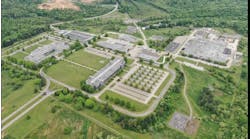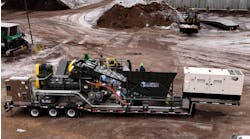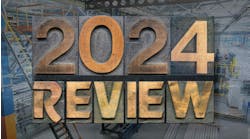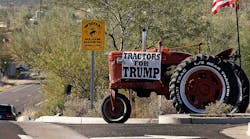The election of Donald J. Trump as the next U.S. president has broken the false dichotomy between free trade and protectionism, launching a new era in U.S. trade policy.
By tapping into the resentment of those left behind -- including manufacturing workers and small and midsize manufacturers -- Trump's election underscored the degree to which the negative effects of free trade policies have been ignored or downplayed. Since his election, some prominent thought leaders who earlier would have reflexively screamed "protectionism" at the slightest defense of trade rules have come around to the idea that changes need to be made.
That moves the debate to even trickier ground. If we're going to fix U.S. trade policy, what needs to be done?
MORE ABOUT TRUMP AND TRADE
See IndustryWeek's Coverage of Trump's Manufacturing Moves
Caterpillar CEO, Other Leaders Warn Trump Tariffs Could Backfire
Opinion: Trump’s Risks And Rewards For Boeing
Trump famously focused on the trade agreements and their enforcement. He promised to "pull out of NAFTA," stop the Trans-Pacific Partnership, declare China a currency manipulator and impose large tariffs on countries that "cheat." Such extreme measures raise fears of a trade war in some, and are dismissed as rhetoric by others.
However, threatening to abandon leadership in expanding global trade, ideas around which many Americans rallied, ignores the benefits of globalization. The countries in question also are the U.S.'s biggest goods importers: Canada ($280 billion), Mexico ($236 billion) and China ($116 billion). What happens to that economic activity? What happens to those American jobs?
Many reasonable ideas to reset or enforce the rules are now on the table -- many are enumerated in "The Great Manufacturing Employment Challenge," in this issue. Let's push for their consideration instead of a wholesale dismantling of our current free trade policies.
In many respects, however, the failure of our trade policy is as much a failure to address the negative effects of trade as it is a failure to enforce the negotiated rules of trade. Even the fairest free trade policy creates winners and losers. Most thought leaders acknowledge that the benefits of free trade are widespread, while the costs are targeted.










